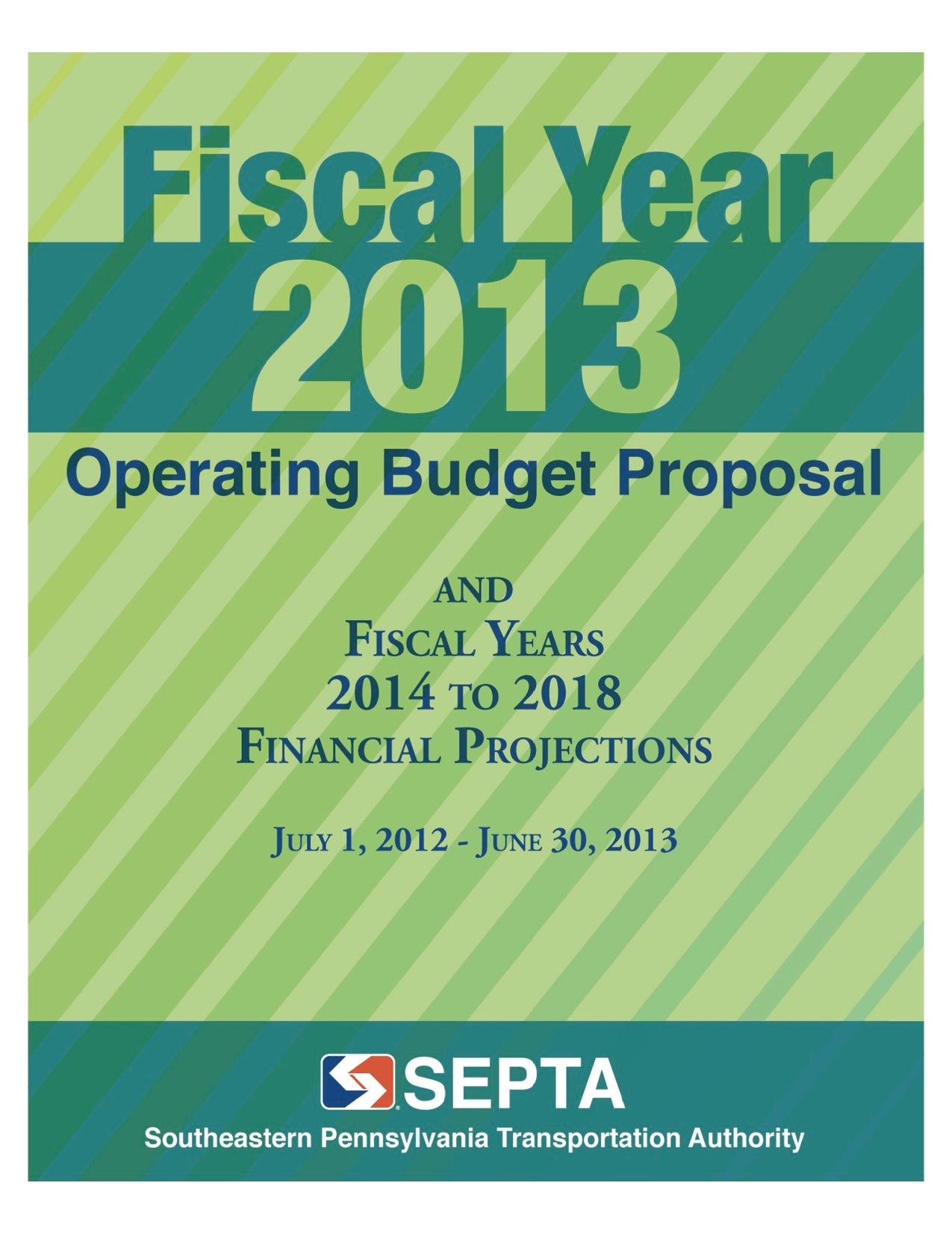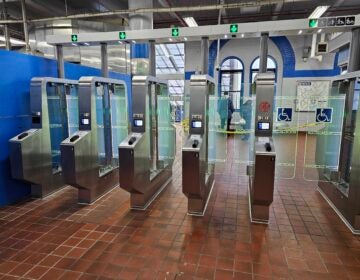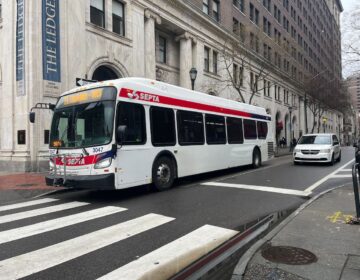SEPTA predicts future budget deficits

SEPTA’s proposed $1.3 billion operating budget for next fiscal year contains no fare increases and predicts continued ridership increases in the face of improved regional employment and high gas prices.
But storm clouds are on the horizon.
Given a poor economy and state infrastructure spending cuts, SEPTA is predicting a $38 million deficit for fiscal year 2014 ― despite a planned fare increase expected to net $33 million.
That deficit is projected to grow in fiscal year 2015 to nearly $100 million.
Closing that gap could require further fare increases or serious service cutbacks.
The reason for the gap is that SEPTA’s Service Stabilization Fund, a rainy day fund meant to supplement the authority’s revenue streams and subsidies, is expected to be drained by the end of fiscal year 2013.
Though periodic withdrawal from the stabilization fund had been envisioned, SEPTA has seen cuts in state aid thanks to the federal government’s refusal to allow Pennsylvania to toll Interstate 80, leaving a huge hole in state infrastructure spending that has yet to be filled.
And state sales tax revenues, a portion of which are dedicated to transportation funding, have not increased as expected thanks to the poor economy.
Though a transportation commission convened by Gov. Corbett called for a series of measures that would raise an additional $2.5 billion a year for state infrastructure, the governor has yet to push any revenue-generating measures through the Legislature.
Though up to this point the funding cut has mostly been felt on SEPTA’s capital budget ― the authority was forced to defer major projects, including a $100 million remake of the City Hall subway station and regional rail expansion to Wawa ― that will change in fiscal year 2014.
With the stabilization fund empty, that infrastructure spending gap will start to hit SEPTA riders more directly.
If a similar projection for fiscal year 2014 is in place next year, Richard Burnfield’s, SEPTA’s treasurer and CFO, will be “concerned.”
At the same time, he said, “there’s a lot that can happen between now and then.”
Burnfield said SEPTA could see the benefits of a continued economic recovery if sales tax receipts pick up.
A decrease in fuel prices could also help SEPTA’s budget, Burnfield added, noting that he was predicting a bigger deficit for fiscal year 2014 this time last year.
The budget proposal will go through a round of public hearings before being presented to the SEPTA Board for its May meeting.
A copy of the budget proposal can be found here.
Contact the reporter at acampisi@planphilly.com
WHYY is your source for fact-based, in-depth journalism and information. As a nonprofit organization, we rely on financial support from readers like you. Please give today.






